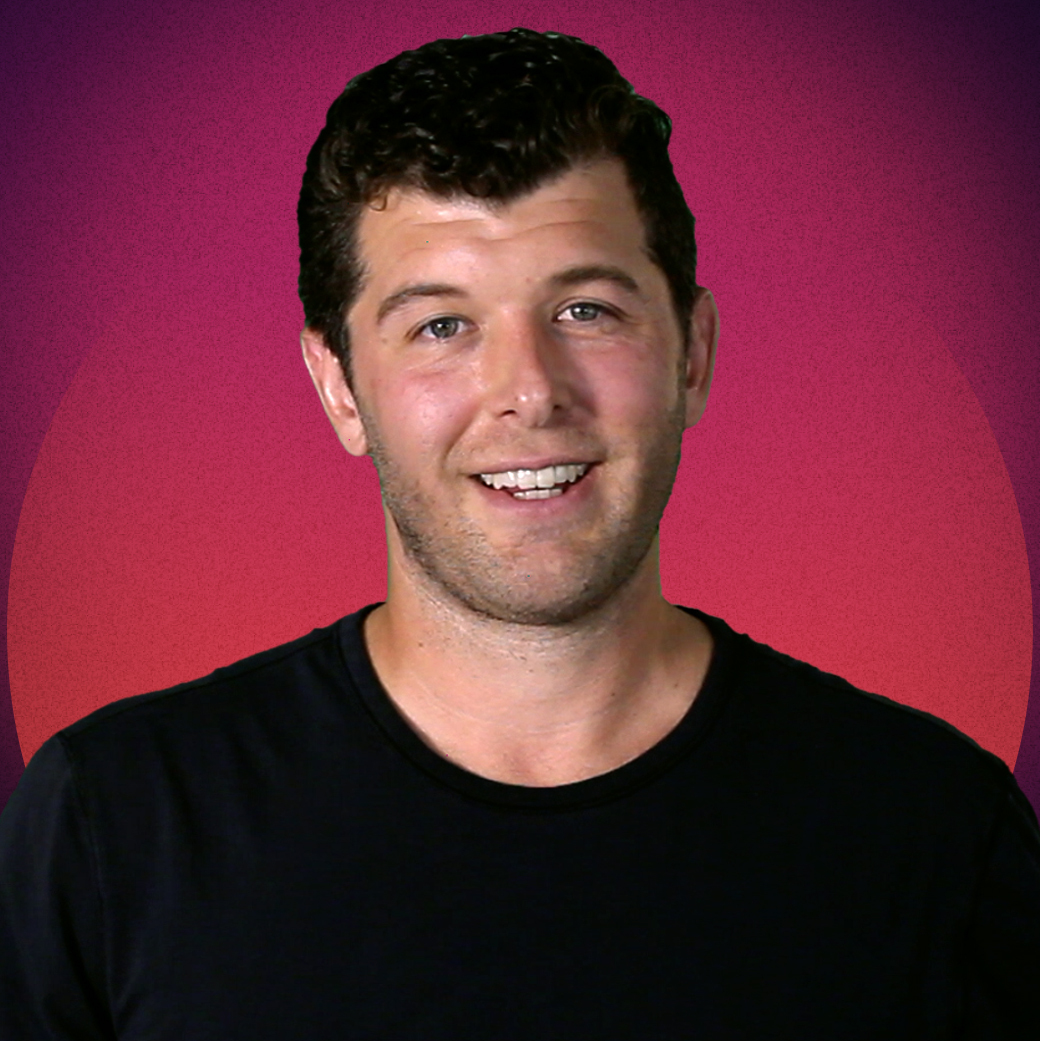“You always have to put your business at risk, because your business is at risk.”
Mark joined us on the ZoomInfo Labs Podcast to share insights on scaling sales, the flaws in venture capital, and the future of AI in go-to-market strategy. Here are five key takeaways from his episode.
1. Companies Scale Sales Too Fast. And It’s a Costly Mistake
Mark spent years working with startups after HubSpot and noticed a pattern: many scale their sales teams too early without considering whether the company is ready.
Too often, he found, companies and investors were rushing to adopt a well-known go-to-market model without giving enough thought to the fit of a particular growth model:
“Responsible growth is a big deal for me. I think there’s a lot of irresponsible growth out there. Everybody falls in love with that story that makes the front page of TechCrunch. But there’s 100 other stories where they tripled the sales team overnight and went under.
“People don’t realize that at some point, things can break, and you’ve got to fix it before you can throw sales bodies at it.”
About Mark Roberge
2. Venture Capital Has a Serious Blind Spot
Mark believes a lack of operating experience in the VC sector creates real weaknesses when it comes time to scale companies. At Stage 2 Capital, he’s trying to fix that by pairing investors with operators, so founders get both capital and real-world go-to-market expertise:
“In the last 20 years, it’s become this world of professional VCs who’ve never run a company before. They’ve never led people, built a culture, hired and fired, or rolled out a strategy. And it’s broken.
“I’m not saying those people aren’t good. They’re amazing investors. But what’s broken is they make the investment and they join the board and they tell the CEO how to build a sales team and how to build a product and it’s bad.”
3. You Can’t Cut & Paste Go-To-Market Formulas
Mark’s first book, The Sales Acceleration Formula, captured a time when HubSpot’s data-driven sales motions were leading the industry. He’s working on a new one, The Science of Scaling, that provides a wider view of how to apply growth frameworks to any business.
That points out one of his biggest warnings for growth companies: Focus matters — don’t simply copy a growth model from someone else:
“There’s a lot of inappropriate cutting and pasting around all of go-to-market strategy, and you have to be really hyper-focused on your context. And I try to like frame context as: who are you selling to?
“There’s a big difference between CMOs vs. CFOs vs. CIOs, enterprises vs. small businesses, Japan vs. France vs. Brazil. And then, what are you selling? There’s a big difference between pencils and jets, right? So you have to be very aware of your context as you think about your go-to-market strategy.”
4. AI in Sales: Big Changes Are Still Loading
Mark has been watching AI’s impact on sales teams closely. Right now, it’s mostly helping companies increase efficiency. But the bigger transformation is still on the horizon — and the slowness of established incumbents is going to pave the way for entrepreneurs to build breakthrough solutions.
About a year and a half ago, Mark asked a meeting of hundreds of C-level officers if they needed AI to help them become more efficient. The enthusiastic response led him to kick off a series of introductions between these companies and AI startups.
He got hundreds of inquiries, but the momentum fizzled:
“The pilots never happened. Why? Because IT and legal shut it down. These big companies want to do it, but they have the standard red tape.
“And that’s just going to accelerate disruption. If these startups are going to adopt AI, and the big companies are going to sit on their hands for a year, that’s just adding to the disruptive risk.”
5. The Best Leaders Keep Taking Bets Even When the Business is Stable
Many founders hit a significant scale or revenue milestone and stop taking risks because they don’t want to jeopardize their success. That’s a mistake.
Mark learned this lesson firsthand from HubSpot CEO Brian Halligan, who continuously pushed the company to evolve, even when things were going well.
The takeaway? The companies that survive don’t wait until they have to change. They evolve before the market forces them to:
“You always have to put your business at risk because your business is at risk.
“Look at the Fortune 500 list from 1950. There’s only like 50 of those companies left. You’re always at risk — and that’s what Brian did so well. He would distill where our risk was and literally put the company on the line because a bold decision was necessary to get us where we needed to be.”
Get more insights from innovators like Mark on the ZoomInfo Labs Podcast, available on YouTube or your favorite podcast platform.
Hosts Ben Salzman and Millie Beetham host a rotating series of guests to talk about the latest trends and share cutting-edge GTM insights you won’t hear anywhere else.


